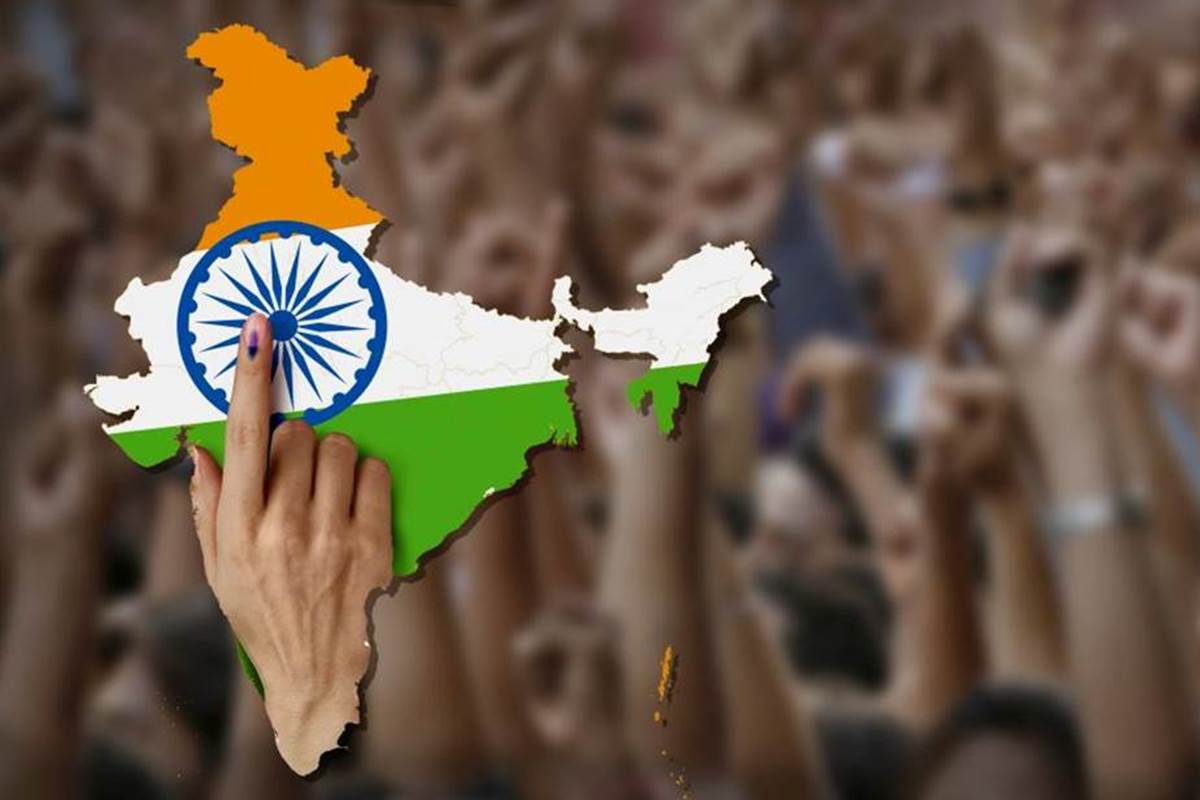India is one of the world’s oldest democracies. Today, it has a population of more than one billion people. Every 5 years, a huge national event plays out — the Indian elections. Over this period, political parties from all over the country prepare themselves to attain a place in the country’s governing body by securing a majority of the electoral votes. Needless to say, this is a high stakes situation and political parties do anything and everything if it means they have a chance to reach out to their voter base. Everything from rallies, processions to country- wide speeches, you name it, they’ve done it!
For years, politicians have been trying to stand out and get their messages across. Now more than ever, the politicians are expected to penetrate fortresses of every kind; digital and otherwise in order to be able to communicate their party’s ideas. In this age of informatory saturation, attention span of the public is on an all-time low. As a result of that, it has become extremely complex for parties to be able to connect with their potential voter base and they have been forced to reinvent their methods to get themselves out there.
Advertisement
Reinvention- this is where crowdfunding has evolved to become the saviour of political parties that are looking to connect and appeal to their vote bank. Crowdfunding is basically lot of people contributing small amounts of money towards a particular cause-in this case a particular party, thereby partaking in their efforts to achieve a goal. In this case, it has become a win-win situation. Political parties have tapped into this very generosity of the crowd, thereby indirectly converting their supporters to support their campaign in the larger scheme of things.
Crowdfunding not only provides a chance for cash-strapped parties to raise funds, but in that process the parties build engagement, appeal, brand and connection. Last year, BJP- the richest political party officially launched a microfunding drive through their pre-existing NaMo App. It was a strategic move, in the sense that it wasn’t as much to raise funds as it was to establish and engage with their donor base. They were also able to channel the data that the app collected to further identify and invest their donor base, inform them of their policies and create awareness, build conversations and create dialogues. Crowdfunding leads to a chain reaction which ultimately enables the parties to reap rich benefits.
While BJP was busy strategising their fund collecting through their app, other politicians did their own share of crowdfunding to be able to spearhead their canvassing. While lobbying attempts to influence opinions, canvassing is soliciting votes; through crowdfunding, parties hope to put forth a persuasive pitch which in turn promotes contributions and heightens their visibility. First-time Lok Sabha candidate Kanhaiya Kumar managed to raise ₹31 lakh in the two days after his campaign went live.
It also helps (first time) candidates from various parties to be able to genuinely adjudge the strength of their manifesto by relating it to the monetary contributions they receive. Jignesh Mevani, Dalit political leader and MLA from Vadgam, Gujarat, managed to raise ₹20 lakh for his campaign in 2017. AAP candidate Atishi was able to raise more than ₹43,15,604, thanks to crowdfunding. In a democracy where the playing ground is becoming fairly old and predictable, crowdfunding helps keeps things exciting and fresh.
It lends credibility to fresh voices, thereby playing an important role in shaping our democracy and bridging the inequality gap- by lending the same amount of meaning to voices- both old and new. Crowdfunding is not just an exercise to be able to get contributions and tap into the donor base- but it is a revolutionary method of resilience that strives to make the playing ground equal for everyone involved- thereby embodying inclusivity and equity to its fullest.
(Khushboo Jain is Co-Founder and COO, ImpactGuru.com)











